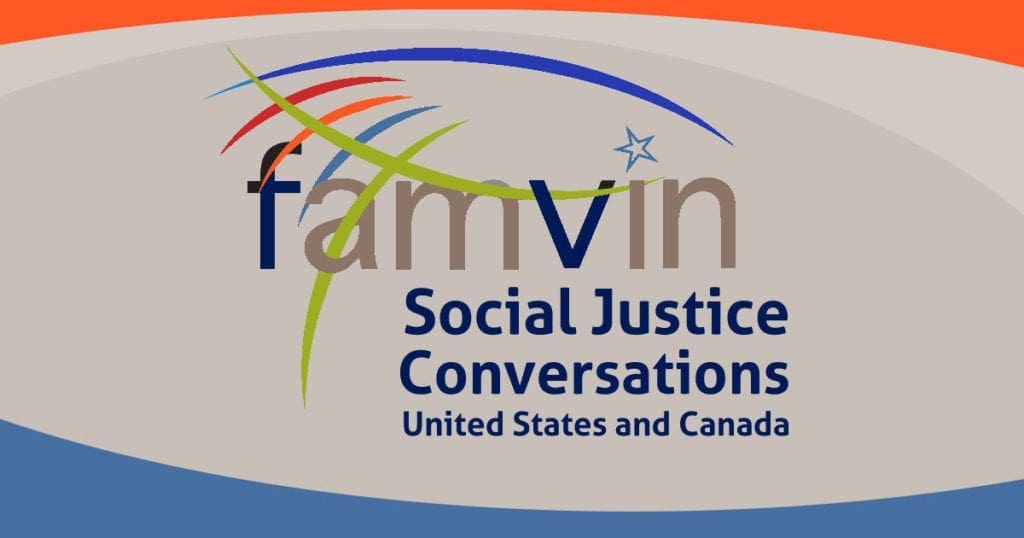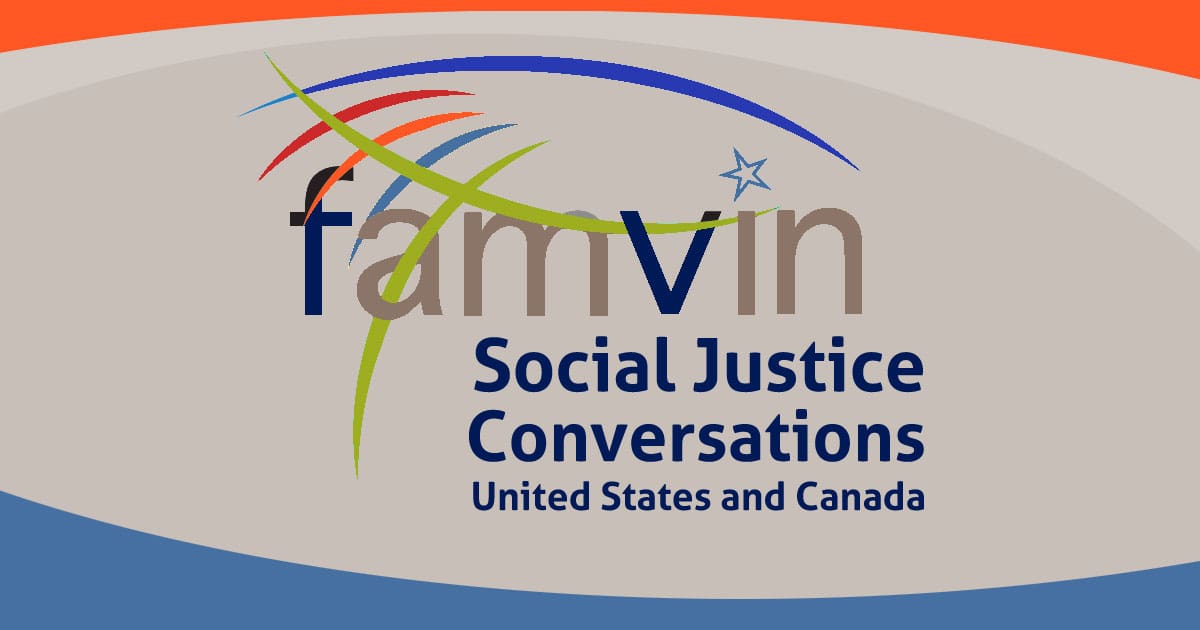“Let us choose life; let us choose the future.”
“Let us choose life; let us choose the future.” Pope Francis’ plea to decision makers and participants at COP28 and to all of us has been resonating in my heart. Click here to read his address. “Let us choose life; let us choose the future.” has become a chant I quietly sing to myself as I go throughout the day. Pope Francis goes on to say, “May we be attentive to the cry of the earth, may we hear the plea of the poor, may we be sensitive to the hopes of the young and the dreams of children! We have a grave responsibility: to ensure that they not be denied their future.” This is my hope and the hope of so many people, in my small area of the world, and beyond. Laudato Si’ Movement, Catholic Climate Covenant and Metro New York Catholic Climate Movement (a chapter of the Laudato Si’ Movement) are but a few of faith based and other groups who are choosing life and a flourishing future for the young and future generations.
The 2015 encyclical, Laudato Si’: On Care for Our Common Home put into words what so many of us saw happening – a growing grassroots movement of people conscious of the interconnectedness and interrelatedness of all of life. Pope Francis’ call to integral ecology reaffirmed the reality we are becoming more and more conscious of – people are a part of nature, not apart from it! The response to Laudato Si’ call to ecological conversion and transformation is gathering momentum. Each year more families, parishes, dioceses, institutions, and religious congregations are engaging in the Laudato Si’ Action Platform, a multi-year long global Vatican initiative.

Pope Francis highlights consumerism, climate justice, conflicting ideologies, to name just a few challenges. His 2023 Apostolic Exhortation Laudate Deum speaks of how “We need to rethink among other things the question of human power, its meaning and its limits.” (LD28). In it, he invites us to personal and structural change and speaks of the requirements for transformation – the deep attentive listening (to oneself and others), humility, trust, and collaboration that are needed to address root causes for true change to happen.
“Let us choose life; let us choose the future.” I return to this chant as I go throughout my day aware of the joys and sorrows and crisis of our times. The urgency to respond to the devastation of Earth, our home, and its impact on people and other species of life weighs heavy on my heart, soul, body, and spirit. All of me is touched! I am called to be attentive to the heaviness and brokenness in me and our world. I am drawn to a deep place within me where the power of God, of Earth and all Creation are seeding wisdom, peace, and hope. I am called to TAKE TIME NOW, alone and with others, so these seeds take root, and in darkness grow and spread. Earth and God’s Creation are my mentors. Taking time to be outside and experience wonder, awe, the cycle of life in nature nourishes, restores, heals, and teaches. As I give thanks for mentors, I invite you to call to mind the mentors in your life who are guiding you towards choosing life and a lifegiving future.
Recently I listened to Christiana Figueres’ Ecological Hope and Spiritual Evolution interview on Krista Tibbet’s radio show, On Being. Christiana reminds us of how a change in mindset is needed to change behavior and choices. About 19 minutes into the interview, Christiana says that the critical work we all need to do is to be grounded in our emotions, embrace the pain, and understand that pain and grief is an alarm bell to generate the energy to rise up and do the spiritual work that needs to be done. For her our spiritual evolution will determine if we flounder or flourish. Evolution to a much higher sense of awareness, consciousness and action will happen only as we see ourselves as living as nature.
Christiana Figueres and her co-author Tom Rivall-Cornoc in their book, The Future We Choose: Surviving the Climate Crisis, offer a challenge and hope. We need to recognize limits, enlarge ourselves and recognize that our current crisis requires a total shift in our thinking and connection with nature. Both authors speak of the transformative power of three mindsets that are fundamental to co-creating a better world: stubborn optimism, endless abundance, radical regeneration. Chapter 4 Who We Choose to Be invites us to see systemic change as a deeply personal endeavor since social and economic structures are a product of our way of thinking. They emphasize that changing the self and changing the world are no longer regarded as separate endeavors. Who we are and how we show up in the world determines our future. The essential work of looking inside myself before action is the first step. For transformation to happen we need to change how we think and perceive ourselves to be. LCWR’s Transforming Grace Initiative is also calling us to engage in this inner work of transformation.
Let us choose life! Let us choose the future – join me in this daily prayer and practice. May we go together, not alone, on this transformational journey towards ecological conversion and a flourishing future.
Tags: social justice







0 Comments